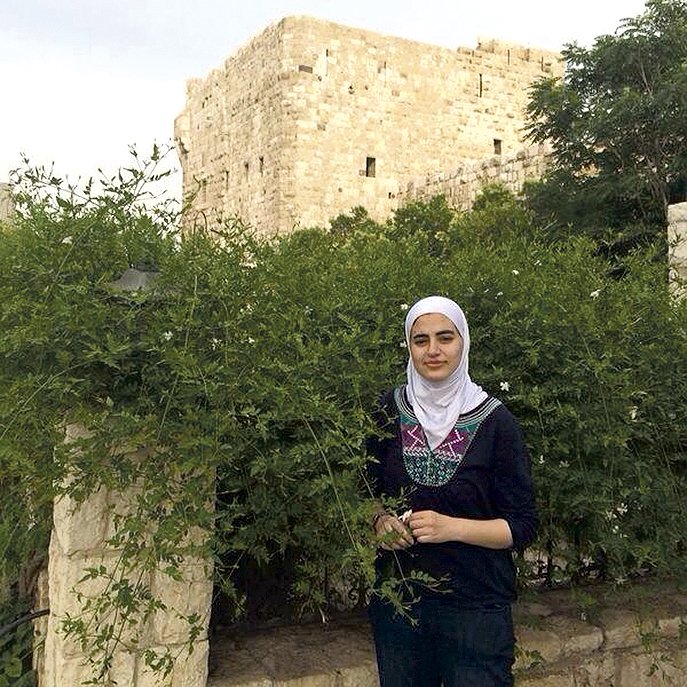Ten years ago, when Kholoud Sawaf "barely spoke any English," she was a crew member for a production of "Romeo and Juliet" in the city of Shajrah in the United Arab Emirates.
"I didn't know a word of what was said, but I know I was rooting for Romeo and Juliet and for their love to prevail, and I remember crying every night when they died," Sawaf says.
FAQ
‘Romeo and Juliet:
Damascus’
WHEN & WHERE — 7 p.m. June 17 at Crystal Bridges Museum & 8 p.m. June 23 at Nadine Baum Studios in Fayetteville
COST — $10
INFO — arkansasnewplayfest…
Now a graduate of the University of Arkansas with a master of fine arts degree in directing, Sawaf and TheatreSquared are creating a version of Shakespeare's classic set in Damascus, Syria, her home. The production, which debuts in a staged reading at the Arkansas New Play Festival, is funded by a $250,000 grant from the Building Bridges Program of the Doris Duke Foundation for Islamic Arts.
Over the course of the three-year development and production of "Romeo and Juliet: Damascus," TheatreSquared will foster conversations with local partners like Interfaith Arkansas, the King Fahd Center for Middle East Studies, the Fayetteville Public Library and St. Paul's Episcopal Church.
"In a world fraught with divisive problems, the work of creative people can be a powerful conduit to one another, a way to connect and see each other more clearly," says Zeyba Rahman, senior program officer for the Building Bridges Program. "We are proud to support this fresh idea and look forward to watching it unfold."
"This project for us aims to serve an outreach purpose: to extend an invitation, start a discussion, raise questions, take initiative on the idea of building bridges between communities and try to narrow the gaps," Sawaf says. "We are at a time where this is a need in the society, and the art has to be part -- and take a leading role -- in meeting that need."
Sawaf explains that the idea was born "exactly a year ago" when she was part of the Hangar Theatre Lab Company in New York.
"I got to do a studio project of exploration on this piece, asking the question if this play lives in the world of modern Damascus. The discovery was that it was actually a great fit, and that there was hunger from both collaborators and audience to understand more about that world of Damascus," she says. "That project later on served as our inspiration for the Doris Duke Foundation grant and what we are doing with the project with an educational aspect.
"The themes and the depth of Shakespeare stories and world is so incredibly universal, but then it leaves us with finding specifics to the world of the play, answering questions related to major characters written to represent a voice of law, or religion, and also address some of the textual references related to Christianity," she continues. "The simpler version of this would be to let the design basically tell us about the world. But we are asking a bigger question and trying to find creative ways to solve the challenges and let the text of the play be influenced by the specificity of the world.
"This workshop will be very informative for us on the specificity of the next level," she adds. "We expect at least two other workshops for it -- time and place TBA -- before we get to the production. And we also expect a lot of outreach work, seminars, educational events, that help achieve the bigger goal of the project of bringing understanding and building bridges of Muslim and non-Muslim communities."
NAN What's Up on 06/10/2016

